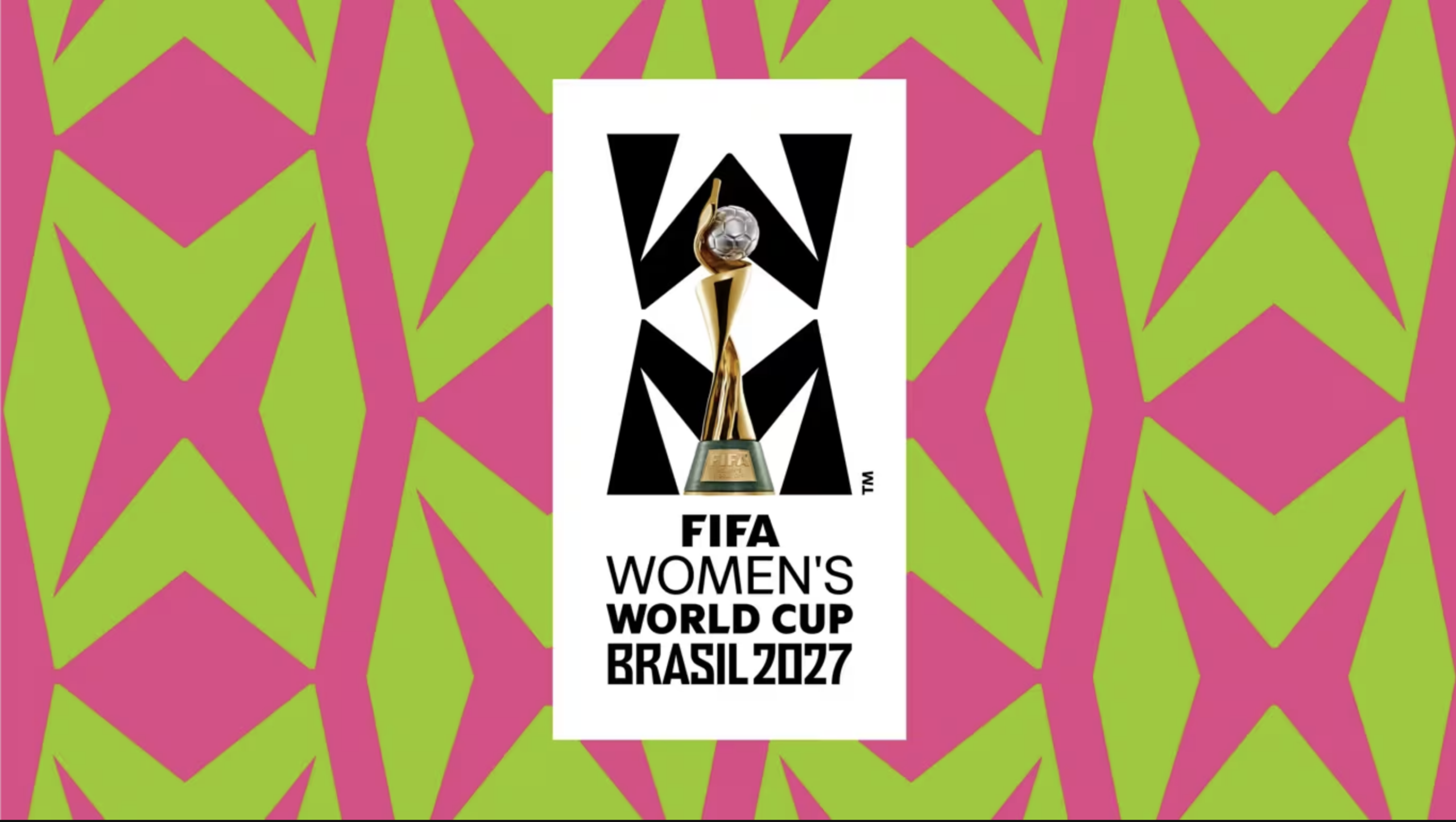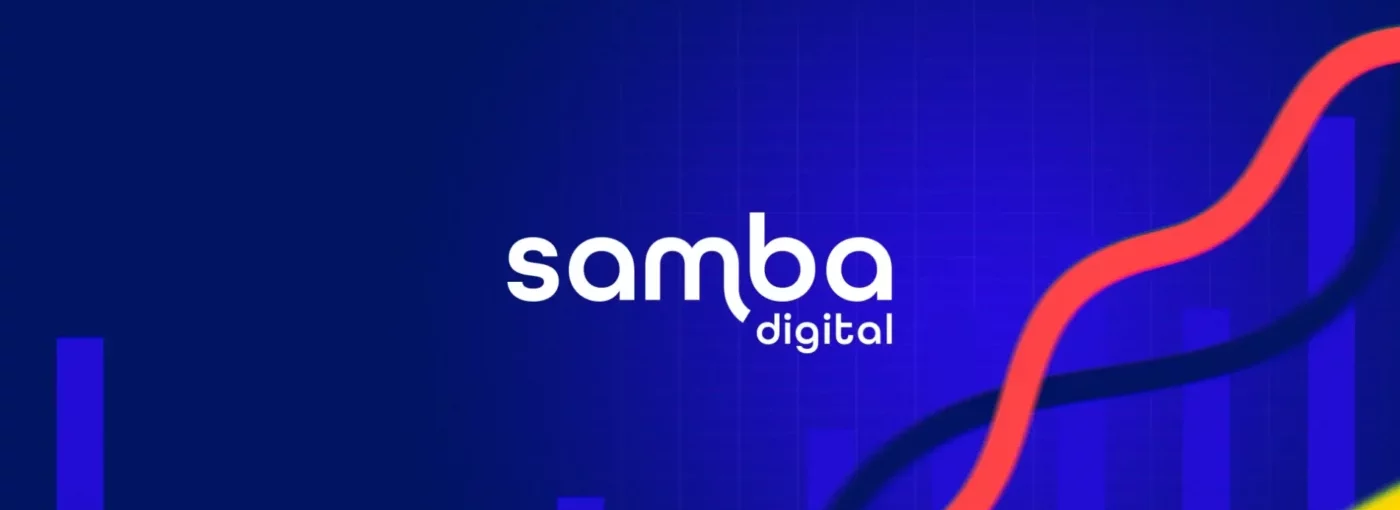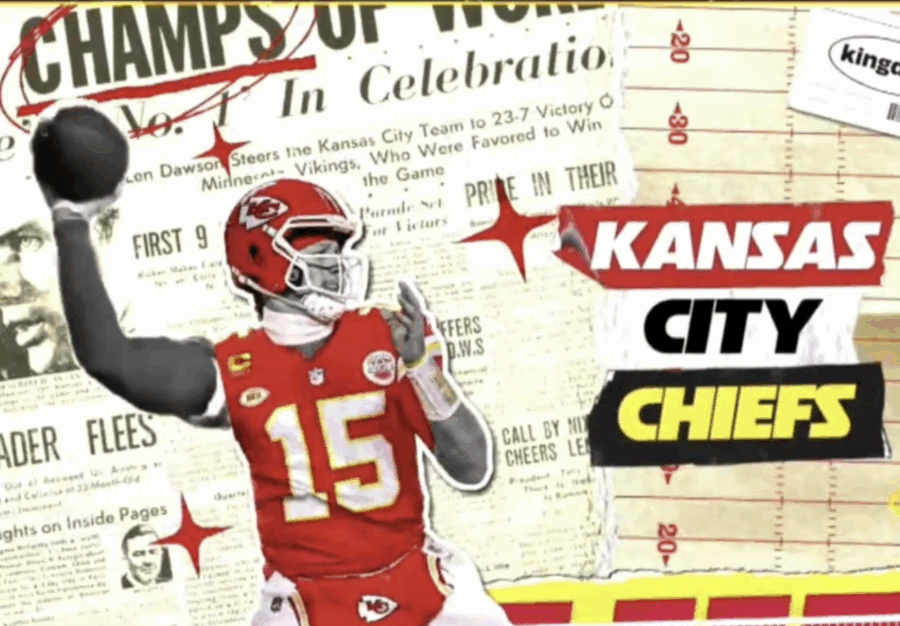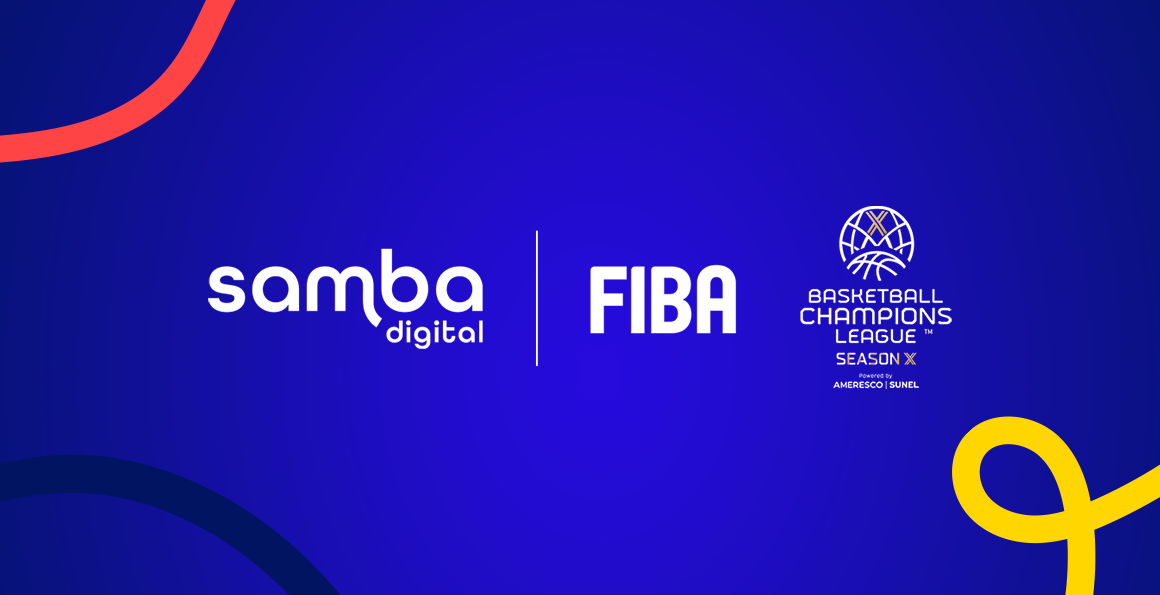INTERVIEW WITH IBRAHIM CASANOVA
The gaming industry is growing more each day, and several companies want to be present around the world. Samba closes the year with a deserved prize: the Marketing & Services Provider SBC Awards 2021. A flawless localization approach is vital to the growing gaming industry. In order to achieve success, having a team of specialized linguists is essential. Our translator Ibrahim Casanova has a lot of experience in the field, and he talked about it with us.
Read the interview with him and get to know a little bit about this market.
You’re specialised in Formula 1 and Video Games. Why did you choose those 2 fields?
When I was a kid, I wanted to be an astronaut, a football player, a Formula 1 driver, a videogame creator… You know, the usual jobs you want to pursue when you ignore how much it takes to acquire the set of skills you need, let alone the amount of money and luck too. Then, I grew up a bit and I realized.
I kept playing video games and loving watching Formula 1 on tv. Seeing Fernando Alonso, a fellow Spaniard, beating Schumacher, the literal GOAT of the sport, plus the promise of Fernando beating other drivers for years to come was quite a thrilling thing to witness. I liked Formula 1 already with Mika Häkkinen fighting Michael Schumacher, but Fernando arrived and made Spain start caring about Formula 1. Now I had people to talk with about it, friends to play Formula1 PS2 games with.
Later on, when I was already a teenager and my teachers recognised I was good at languages, they encouraged me to read more, to write more, to speak more. And I did. I decided to study a degree in Translation and interpreting and focus on audiovisual translation so I could translate video games, the media that made me so happy during my adolescence and -now that I have finished my studies- still does.
Specialising in Formula 1 was inevitable. I never really thought about working in Formula 1. I dreamt about it, but I never really put it down on paper so I could have some steps to follow, a roadmap. I just kept watching and reading about Formula 1. It is my favourite sport, why wouldn’t I? I specialised in Formula 1 without studying it.
How do the courses you made for videogames translation help you when working with sports?
Translating video games and sports events have a couple of things in common: specialised terminology and expressions, play on words, tight deadlines and the need to stay updated. Everything is related.
If you don’t follow the news in the sector or in the sport, you will need to spend more time finding documentation and parallel texts that explain what you don’t understand. You might miss a reference or an inner joke. Deadlines are usually quite tight, especially in Formula 1, as we translate right after the race finishes and the fans are waiting for the highlight video to be released, and they want to understand what has happened, so you can’t spend much time looking for the correct word or trying to understand a really complicated concept about engineering or race strategy. Your knowledge of these subjects is expected. You need to know that word. Otherwise, you are not fit for this job.
The same happens with video games. Video games have created a diverse, vast culture. Knowing everything is impossible, but having generic knowledge is also expected. The more you play and the wider variety of genres you play, the less time you will need to spend finding documentation. As we say in Spanish, “time is gold” and in this fast-paced sector, you need to keep up.
These courses taught me so much about it that I was able to apply it to other specialities. Especial shoutouts to my teacher, Ramón Méndez, one of the best Spanish video game translators.
What are the main challenges in audiovisual gaming and sports translation?
Apart from what I said in my last answer, companies are usually very secretive about their product and therefore, about the files you work with. When translating video games, you are not allowed to talk about what you are translating with other colleagues outside this project, even in the same company. You can’t count on people to help you.
You are given some texts and maybe no context is provided. Maybe those files don’t follow a logical timeline. You need to figure this out on your own and you need must pay attention to detail because you might have translated something in a way that doesn’t make any sense now, three files later, when you learn about a crucial detail that you missed.
Also, Spanish takes more space than English to express the same idea. Character limitations are a big problem in video game translation as well. Sometimes, the text you want to put on the screen simply doesn’t fit. Here’s where the term localisation appears.
Localisation means adapting a video game and its translation to the audience that is going to enjoy it both culturally and technically. It’s something I had to consider as well when translating Formula 1. There are so many varieties of Spanish that I had to check with my proofreader, who’s Argentinian, if I could use localisms or typical sentences Antonio Lobato (the Spanish F1 commentator for more than 18 years) would say.
Definitely, the fact of not having much information available and the relentless pace you need to keep when translating in these two specialities.
What’s the most remarkable gaming project you’ve worked on so far?
Shhh! I told you! Video game companies are very secretive! I would tell you, but I would have to kill you. I am not allowed to talk about the projects I have been involved in. The only detail I can share is that it was released for Nintendo Switch…
Four men in black come into his office and he’s taken out. He tries to scream but chloroform is very effective. He won’t say anything about the video games he has translated ever again.
How do you see the industry for gaming in the future?
You can’t stop this industry. We have just started and technology changes in an exponential way. I can’t even imagine what I’ll be playing with my grandsons in the future. I am so looking forward to it. A great future awaits!
We need to fight for fair rates and better working conditions. Not all companies play fair. I am very thankful for having landed this job with Samba Digital. You know we will be crucial in the future of this industry. There are hundreds of thousands of new players every year. This is unstoppable and we need to keep up.
Other News

Brazil emerges as a key market for FIFA, international clubs and digital sports strategy

Samba digital launches Fansights

News Tank interview: “Samba will serve as a bridge between European clients and the US market”

Samba Digital teams up with the Houston Texans to elevate Somos Texans across the U.S. and Mexico

The Kansas City Chiefs win Emmy Award for “Viva Chiefs’ Kingdom”

